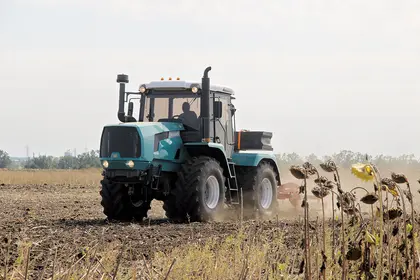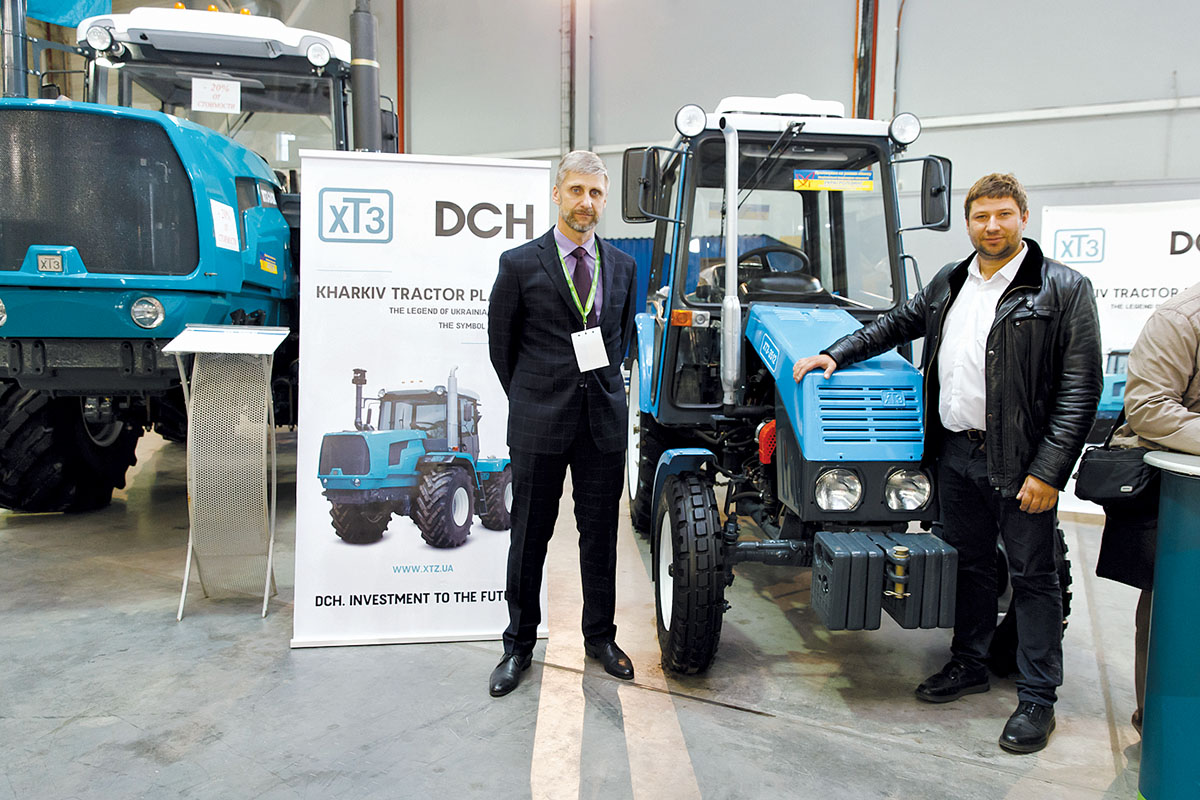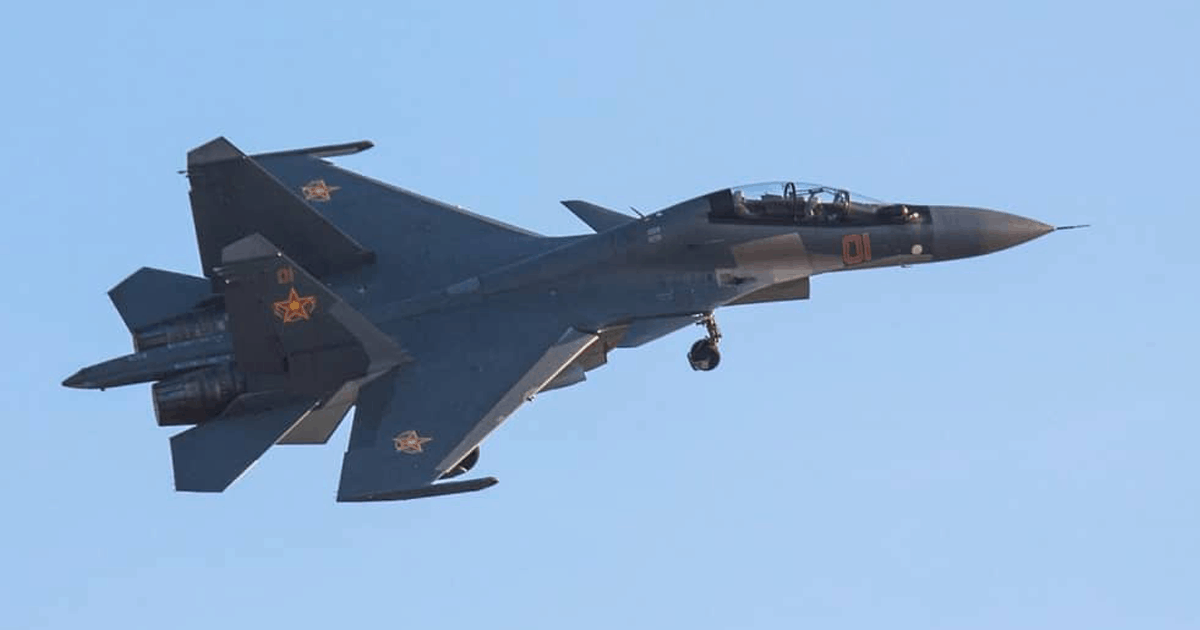KHARKIV, Ukraine — From March 2016 until January 2017, the Kharkiv Tractor Plant was forced to freeze its operations.
For those 10 months, over 2,000 people were left without work. But the nearly year-long shutdown was not about technical capabilities, nor exclusively financial concerns.
Rather, an exceedingly complicated mix of politics, cross-border affairs and legal issues surrounding alleged outstanding debts sidelined the factory.
Soon the Pension Fund, the Fiscal Service and even the Security Service of Ukraine, or SBU, were involved.
With allegations of Russian schemes and tax avoidance flying, the case provided an example of some of the “non-market” barriers to business that at times emerge in Ukraine.
What happened
In March and April 2016, the SBU carried out four searches of the factory and seized financial documents, then owner Siegfried Wolf said in a press release at the time.
“No accusations related to the alleged economic crimes have been made so far,” Wolf stated.
An Austrian businessman, Wolf is regarded as a top manager for Russian oligarch Oleg Deripaska, who was widely considered the plant’s true beneficiary.
In the same document, Wolf announced that Kharkiv magnate Oleksandr Yaroslavsky had agreed to “become a shareholder of [the Kharkiv Tractor Factory] again when my Ukrainian assets are under threat.”
In practice, this meant that Yaroslavsky purchased a controlling share of the plant.
In an interview with the MediaPort website, he stressed that Deripaska had no ties to the enterprise. “Deripaska has a 0.0 [percent share],” Yaroslavsky said.
“I have 62.44 [percent], and the rest belongs to an Austrian investor.”
The sale was perceived in some quarters as a move by Yaroslavsky to help Deripaska, believed to be his friend. But Yaroslavsky denies this.
“As a businessman, I’m only interested in business,” he told the Kyiv Post. “If it wasn’t profitable, I wouldn’t have bought it.”
The sale was a logical move to save the Kharkiv Tractor Plant, since the state pressure appeared to be political and connected to the company’s ownership.
However, it failed to halt the scandal. Soon the State Fiscal Service had all of the tractor plant’s bank accounts and property frozen over a longstanding loan to the enterprise.
The Pension Fund also laid claim to money it said the tractor factory owed. All this de facto halted the factory’s operations.
On June 4, 2016, the SBU press service announced it had interrupted plans to transport unique equipment and documentation from the plant onto Russian territory.
However, that statement later disappeared from the SBU website, Leviy Bereg news agency reported.
The SBU also added plant director Andriy Koval to the wanted list. That move was strange, according to Yaroslavsky.
“Koval started working in the beginning of March, I think March 10, and on March 14, they opened the criminal case,” he told MediaPort. “Well what did he manage to do in four days?”
Koval, who remains director today, denies that the narrative of the former Russian owner attempting to destroy the factory has any truth to it.
“Everything related to anti-Ukrainian or anti-[tractor plant] activities is total nonsense,” he told the Kyiv Post.
“We were always oriented on business and developing the factory.”
How it ended
The difficulties dragged on until January 2017, when the plant was able to restart operations and Koval returned to his office.
Exactly how this came to pass is not entirely clear. Much happened behind the scenes and in court. In July 2017, an economic court approved debt restructuring for the plant.
In August, another court removed the asset freeze imposed as part of the SBU investigation. This allowed preparations to relaunch operations to begin.
And in early February, a Kharkiv court ruled in favor of the tractor plant and finally canceled the freeze on the rest of the enterprise’s assets. But political support played a clear role.
Kharkiv regional governor Yulia Svitlychna announced the factory was relaunching operations in January, and stressed that President Petro Poroshenko took a personal role in the process.
Now, the Kharkiv Tractor Factory is back to work, but the ten-month standstill remains an uncomfortable subject.
“It’s a difficult question connected to politics and misunderstanding,” Koval said.
In an interview with the Kyiv Post, owner Yaroslavsky claimed not to understand what had led to the investigation, court cases, and pressure.
“Ten thousand Kharkiv residents don’t care who the plant belonged or belongs to. They need to come to the functioning plant, work, get their salaries, feed their children,” he said, referring to both the plant’s employees and family members. “That’s my goal and task.”
“I’m not an investigator or a prosecutor. My job is to turn a non-working plant into a working one.”
You can also highlight the text and press Ctrl + Enter






Comments (0)